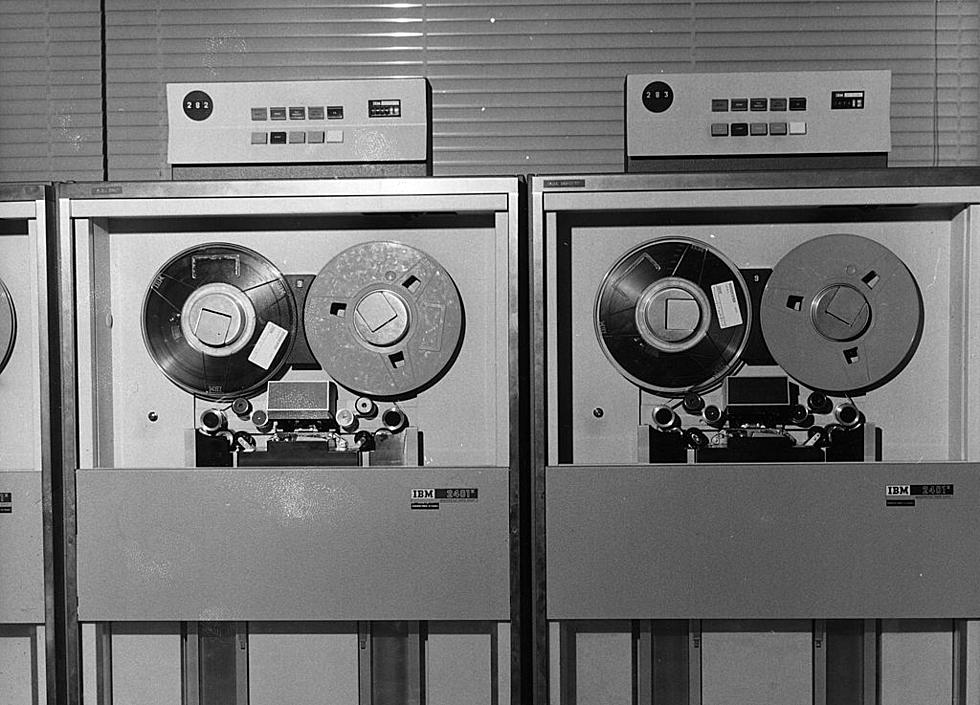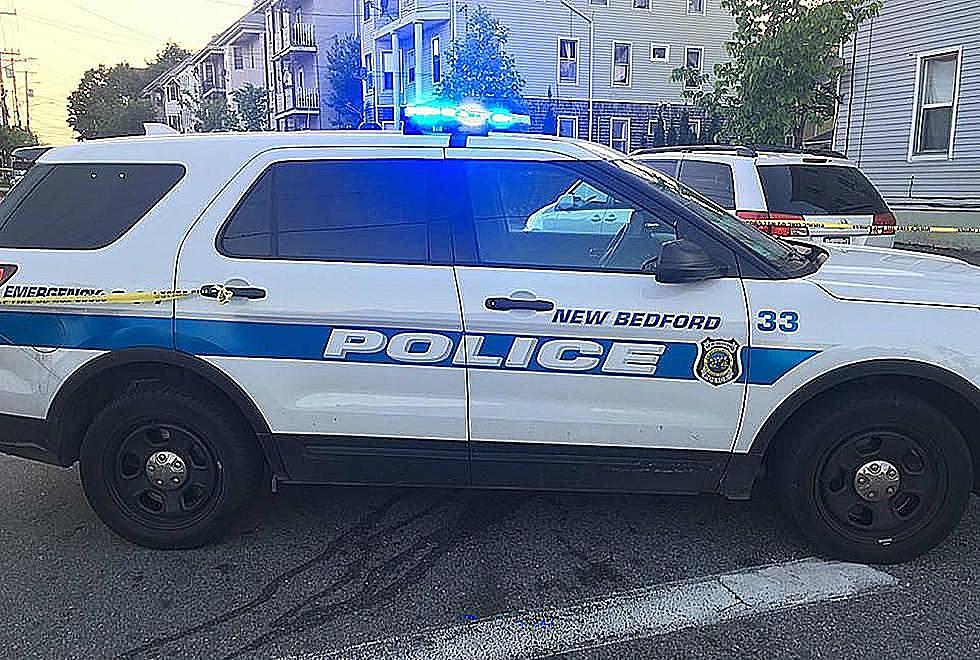
IBM’s Failed 1965 Diversity Training at New Bedford’s Fort Rodman
When you think you know everything there is to know, something catches you by surprise and makes you understand how much you have to learn.
Case in point: while researching a piece on the acquisition of New Bedford's Fort Rodman from the federal government in 1973, I stumbled upon an article by author Charlton D. McIlwain, Vice Provost for Faculty Development and Engagement and Professor of Media, Culture, and Communication at New York University, called "The Fort Rodman Experiment."
According to McIlwain's piece, which appeared in Logic(s) Magazine's December 20, 2020 edition, "In 1964, US civil servants transformed a former army base known as Fort Rodman, on the outskirts of New Bedford, Massachusetts, into a campus for an audacious new experiment in technical education."
Logic(s) says, "The base would host hundreds of male high school dropouts – most Black, some white and Latino, all poor working class – from across the country for a free fourteen-month training program designed to produce graduates who could go on to entry-level jobs at tech companies, including IBM."

McIlwain quotes IMB President Tom Watson, Jr.'s memoir, "The idea was to train 750 hardcore unemployed each year – black high school dropouts from the inner city who had never held jobs."
McIlwain says, "IBM has been actively trying to bring more Black and brown people into its workforce longer than any major tech company and has adopted or invented the widest range of strategies to do so."
McIlwain says today's tech companies could learn from IBM's record of "flawed motives, failed strategies, tempered successes, and massive contradictions."
The Fort Rodman Experiment was IBM's initiative but was funded by the US Job Corp., part of President Lyndon B. Johnson's Great Society program.
McIlwain says the Fort Rodman Experiment failed miserably due to operational errors and a "belief in Black cultural inferiority that the project embodied."
McIlwain is the author of Black Software: The Internet & Racial Justice, from the AfroNet to Black Lives Matter.
LOOK: 28 Modern Black History Makers & Moments
LOOK: Here are the biggest HBCUs in America
More From WFHN-FM/FUN 107
![New Bedford Administrator Has Dedicated 51 Years to Teaching [TEACHER OF THE MONTH]](http://townsquare.media/site/519/files/2024/05/attachment-Untitled-design-2024-05-03T160239.277.jpg?w=980&q=75)








